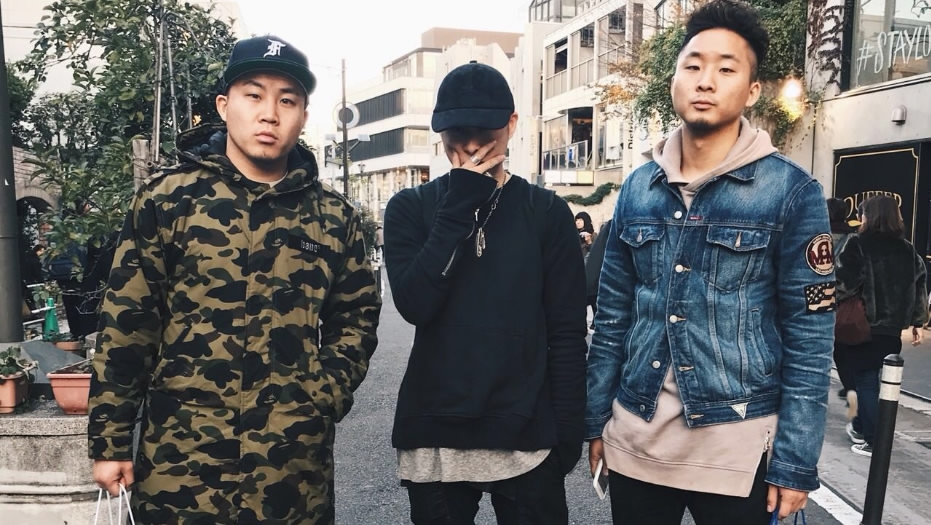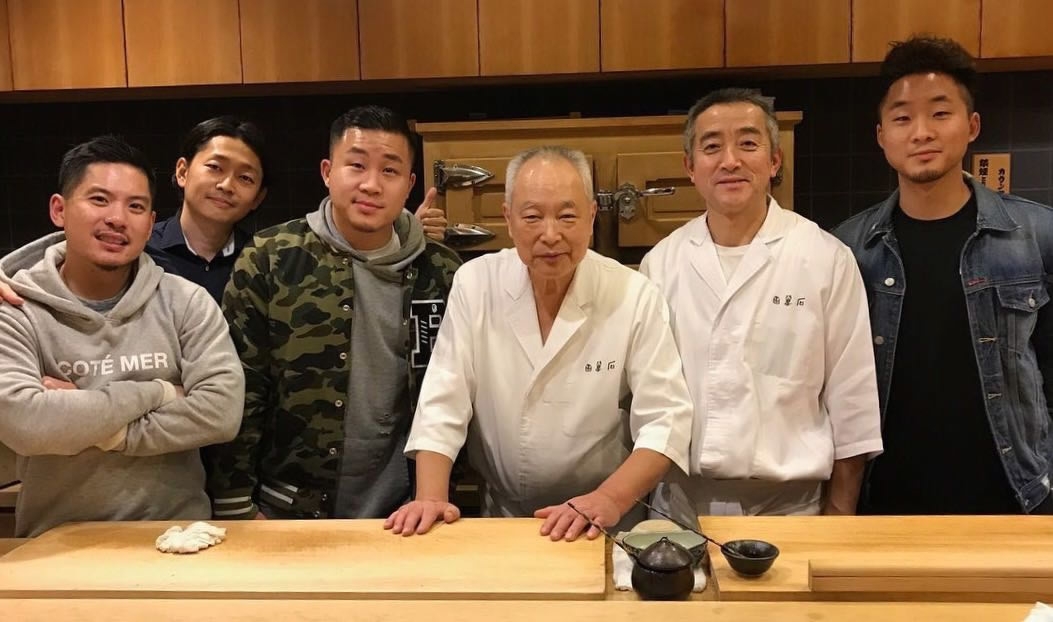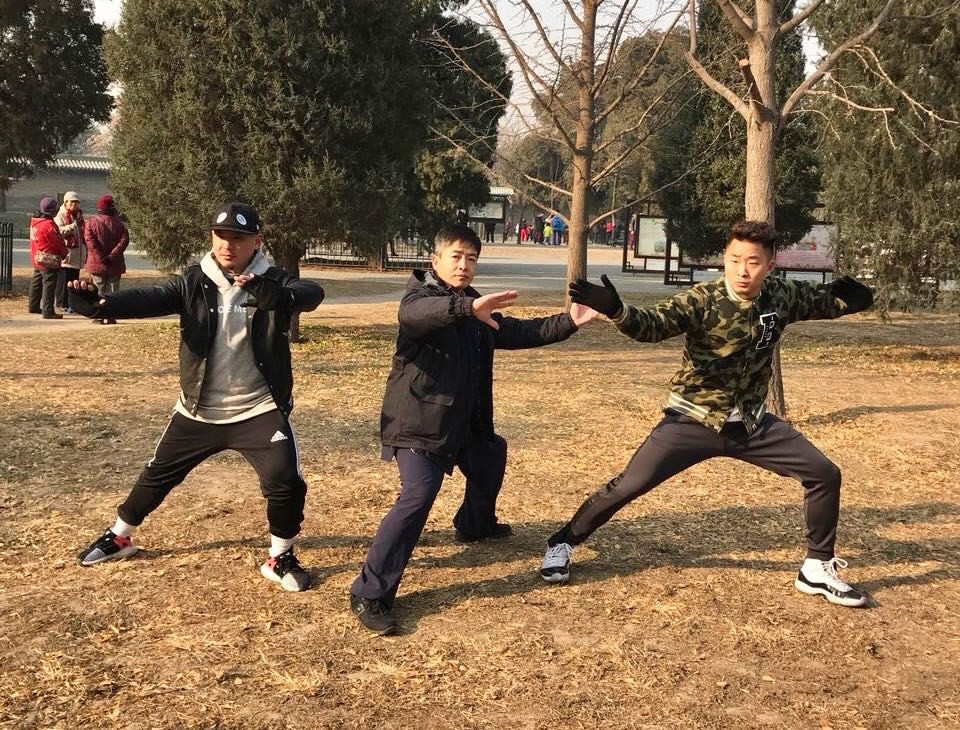
Culture
11:01, 12-Dec-2017
YouTube’s Fung Brothers on breaking stereotypes – by first admitting to them
Xuyen N.

Midway into their two-month Asia tour, Andrew Fung – half of popular Chinese-American YouTube duo the Fung Brothers – found himself in China’s capital for the second time. In front of him sat plates of Beijing-style dishes – a glistening platter of Peking duck, savory pies filled with minced beef, and mung bean cakes shaped like mahjong tiles. As the cameras turned on, Fung and his friends did what they do best – explain bits of Asian culture through food.
For their almost two million YouTube followers, it’s a familiar sight. David and Andrew are known for their food videos, introducing Westerners to delicacies from Asia, including most recently modern Vietnamese cuisine, Japanese steak and Bangladeshi dishes.
Although food is part of their mainstay, their videos range from discussing sneaker culture to parodies of typical Asian parents. They’ve interviewed NBA player Jeremy Lin and made a rap video with one of China’s hottest rap acts, The Higher Brothers.

David (3rd L) and Andrew (R) Fung regularly discuss Asian-American culture on their YouTube channel / photo courtesy of Andrew Fung
David (3rd L) and Andrew (R) Fung regularly discuss Asian-American culture on their YouTube channel / photo courtesy of Andrew Fung
In all their videos, the brothers do something deceptively uncommon in Western culture: Present an Asian face talking about Asian topics.
“No one ever breaks down and analyzes Asians, like they’re actually a group of people. Every other community breaks down their own, in a comedic way, and we just want to acknowledge that there are different sides to Asians,” Andrew told CGTN.
Though Asian-Americans are the fastest-growing ethnic group in the United States, expanding by 72 percent between 2000 and 2015 according to the Pew Research Center, the demographic is frequently overlooked. When looking at economic and education levels, the Asian-American demographic is less likely than the US general population to live in poverty, and about half of Asian-Americans aged 25 and above hold a bachelor’s degree, compared to 30 percent of all Americans.
Often cited as a “model minority” – or high-achieving minority group – Asian-Americans are almost never viewed as “cool” in Western culture.
And for Andrew, breaking this monolithic perception comes first by admitting to some of the stereotypes.
Giving Jeremy Lin as an example, Andrew noted that Jeremy does some “regular Asian guy things” like play videogames, but the basketball player is also a great athlete and makes an invaluable contribution to his team. “I’m just saying that it has to be acknowledged when people fit the stereotype that they’re trying to break.”
“And I don’t think being stereotypical is the worst thing in the world, just because there’s a stereotype and you might fit it, but you better acknowledge that. And I feel like that what a lot of the Asian community is lacking is like self-awareness,” Andrew said.

In addition to food, videos from their Asia tour will explore history and local traditions, including learning tai chi in Beijing, China. / photo courtesy of Andrew Fung
In addition to food, videos from their Asia tour will explore history and local traditions, including learning tai chi in Beijing, China. / photo courtesy of Andrew Fung
It’s by embracing this truth, he argued, that we can start to see Asian-Americans as a real diverse community, with nuances.
So how do their videos accomplish this? Playing on their relationship as brothers, the two provide an often comedic take on Asian culture, parodying things like the “Asian Bubble”, a look at the sometimes insular nature of the community, while pointing out that this perception can easily be pierced with staged Instagram photos.
Their videos also attempt to expand perceptions of the community by simply putting “a face they [people] hadn’t seen before talk about that topic.” From Asian guys talking about rap to Asian guys talking about basketball, the brothers tackle all and any topics most consider outside of the Asian-American community.
Noticeably absent from their videos are their own views.
“We don’t talk about ourselves… we never get personal into what we believe,” according to Andrew. Unlike other YouTube stars who freely share their personal opinions, Andrew said they treat their topics almost like outsiders, though there are plans to go in this direction in the future.
“As far as social commentary, I think we have a lot to say, so it’s definitely something we’ll be doing,” he promised.
The remainder of the Fung Brothers’ Asia tour will be taken solo by Andrew as he heads to Bangkok and Jakarta before traveling down under to Sydney and Melbourne. David is back in New York, helping set up their next venture: Partnering on a restaurant.

SITEMAP
Copyright © 2018 CGTN. Beijing ICP prepared NO.16065310-3
Copyright © 2018 CGTN. Beijing ICP prepared NO.16065310-3